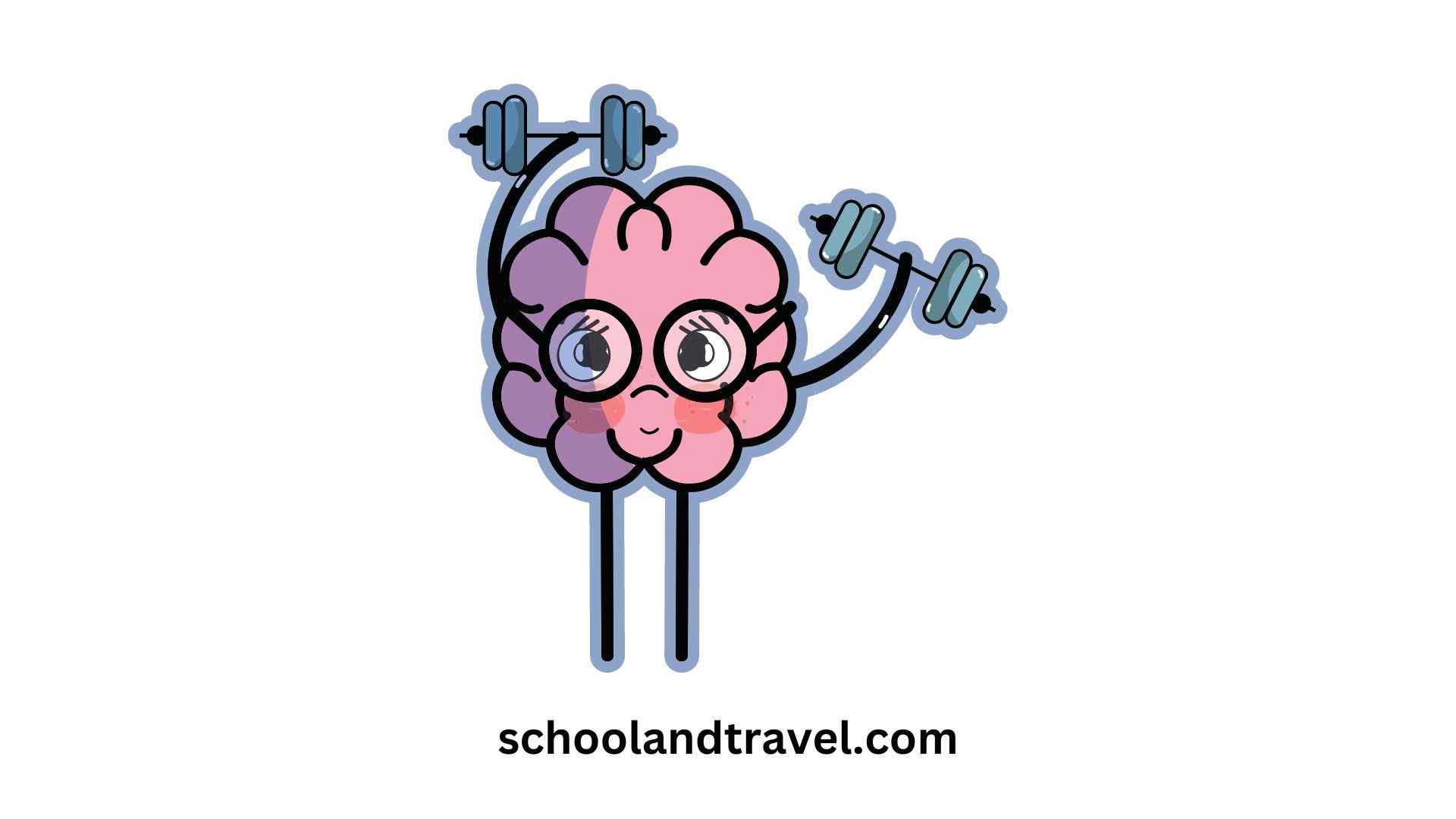The field of Exercise Science is concerned with human motion and the physiological and psychological changes that result from it.
Understanding the connections between physical activity, food, and health is central to exercise science.
This article explains if exercise science is a stem Major, stating the tips you need to know about Exercise major.
What is STEM?
STEM stands for Science, Technology, Engineering, and Mathematics.
It has become popular recently because it emphasizes analytical reasoning, creative problem-solving, and rigorous experimentation.
These disciplines are well-known for their focus on scientific ideas and research, making them appealing to interested students.
Majoring in science, technology, engineering, and mathematics (STEM) is a great way to set yourself up for success in various fields.
Is Exercise Science a STEM Major?
If you’re interested in fitness and considering a career in exercise science, you may wonder whether this field is considered a STEM major.
The answer is a resounding yes! Exercise science is firmly rooted in scientific principles and research, making it a natural fit within the STEM disciplines.
Exercise science studies how the human body responds to physical activity and exercise. It encompasses a range of subjects, including anatomy, physiology, biomechanics, and nutrition.
By gaining a deep understanding of these scientific principles, exercise science majors are equipped with the knowledge to optimize human performance and prevent injuries.
Importance of STEM in Exercise Science
STEM is crucial in exercise science by providing a scientific framework for understanding the human body and its response to physical activity.
The scientific approach from STEM disciplines allows exercise science professionals to critically analyze research findings, conduct experiments, and apply evidence-based practices.
This ensures that exercise science interventions are grounded in scientific rigor and have a solid foundation.
Employers increasingly seek out the skills taught in STEM-focused classrooms. It encompasses every conceivable set of skills and knowledge.
Core Coursework in Exercise Science
1. Anatomy and Physiology:
Anatomy and physiology are fundamental subjects in exercise science.
These courses explore the structure and function of the body’s systems, such as the muscular, skeletal, cardiovascular, and respiratory systems.
By studying these systems in detail, exercise science students develop a deep understanding of how they work together to support physical activity.
2. Biomechanics
The mechanics of human movement and the effects of external influences on the body during physical activity are studied in this area.
Professionals in the field of exercise science know how to maximize performance and lessen the likelihood of injury by studying the effects of exercise on the distribution of forces throughout the body.
3. Nutrition
Professionals in exercise science need a firm grasp on the science behind nutrition’s effects on performance to design useful eating plans for athletes and those looking to boost their fitness levels.
Fitness experts can best serve clients by integrating their understanding of exercise physiology and nutrition.
Career Opportunities in Exercise Science
1. Personal Trainer:
A personal trainer designs and leads workout sessions for those in good health or who have been given the green light by their doctors.
2. Strength and Conditioning Coach:
A strength and conditioning coach is a specialist in the field of physical performance who specializes in using exercise prescription to enhance the abilities of players and athletic teams.
3. Athletic Trainer:
An athletic trainer is a qualified medical expert specializing in treating athletes. They give immediate care to injured athletes, assess their state, and develop plans for their recovery.
4. Exercise Physiologist:
An exercise physiologist is a medical expert who counsels patients on using physical activity to treat and prevent various ailments.
To help their patients enhance or maintain their health, exercise physiologists assess their patients’ fitness levels.
Patients suffering from cardiovascular illness, diabetes, or pulmonary (lung) disease can benefit from their services. They also assist professional and amateur athletes in pursuing peak performance.
5. Clinical Exercise Specialist:
Clinical exercise physiologists are highly educated medical experts who focus on the prevention, treatment, and long-term management of acute, subacute, chronic, and complicated illnesses by implementing evidence-based exercise treatments.
6. Researcher:
A researcher is a knowledgeable person who employs research methods to collect data, examine that data, and report the results.
By conducting studies to understand human performance better, they contribute to exercise science.
Why You Should Pursue a STEM Major in Exercise Science
Exercise science is a STEM field that allows students to learn about the human body and how it works while providing opportunities to put that information into practice.
The field of exercise science is thriving. There is a growing demand for experts who can advise on diet and exercise based on scientific data.
More so, the STEM abilities you’ll develop by studying exercise science are in high demand in today’s work market.
Science majors provide transferable abilities such as critical thinking, problem-solving, and an eye for evidence that may be used in various fields.
What You Know About Exercise Science as a STEM Major
For a job in exercise science, you need to know a lot about how science works and how to do research.
Exercise science professionals need to keep up with the latest research, know how to judge the reliability of scientific studies, and use this knowledge in their work.
It is essential to use what you learn in the lab to solve problems in the real world.
The common misconception that exercise science is not as demanding as other STEM subjects presents a challenge.
Even though a job in exercise science does not require the same quantitative or computational skills as computer science or engineering, a solid foundation in anatomy, physiology, and other scientific principles is essential.
Students interested in exercise science should be prepared to put much time and effort into the classroom and keep up with the field as it evolves.
FAQs on Exercise Science a Stem Major
Exercise physiologists
The field of Exercise Science is concerned with human motion and the physiological and psychological changes that result from it. Exercise science aims to educate people about the connections between physical activity, nutrition, and health.
Gym Rat
Conclusion
By studying exercise science, students understand how the human body functions during physical activity, enabling them to optimize performance, prevent injuries, and promote overall well-being.
If you want to combine your love of physical activity with the rigors of science, your job possibilities, and your ability to learn new skills, then exercise science is the perfect STEM major for you.
Awesome one; I hope this article answers your question.
Editor’s Recommendations:
- Is A Psychology Degree Useless? (Worth, Duration, FAQs)
- Top 3 Industrial Psychology Colleges In India (FAQs)
- 7+ Best Forensic Psychology Colleges In The World (FAQs)
- The Chicago School Of Professional Psychology Acceptance Rate
- 10 Psychology Scholarships For International Students In Canada
- 5+ STEM Internships For High School Students (FAQs)
- Is Psychology a STEM Major? (Benefits, FAQs)
- 10+ Best Education Systems in the World (Benefits, FAQs)
If you find this article good, please share it with a friend.





